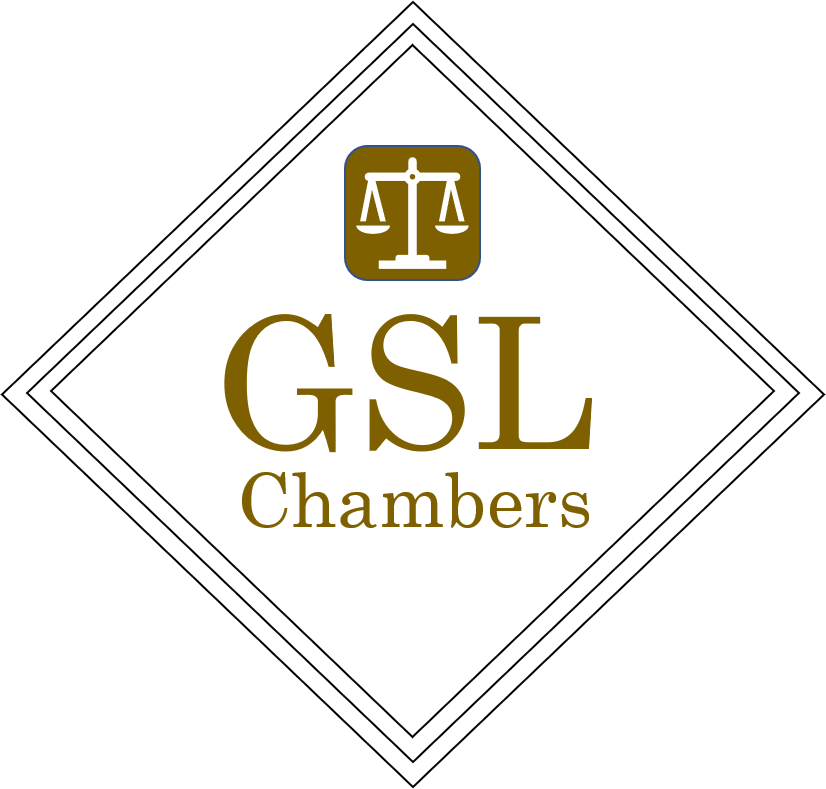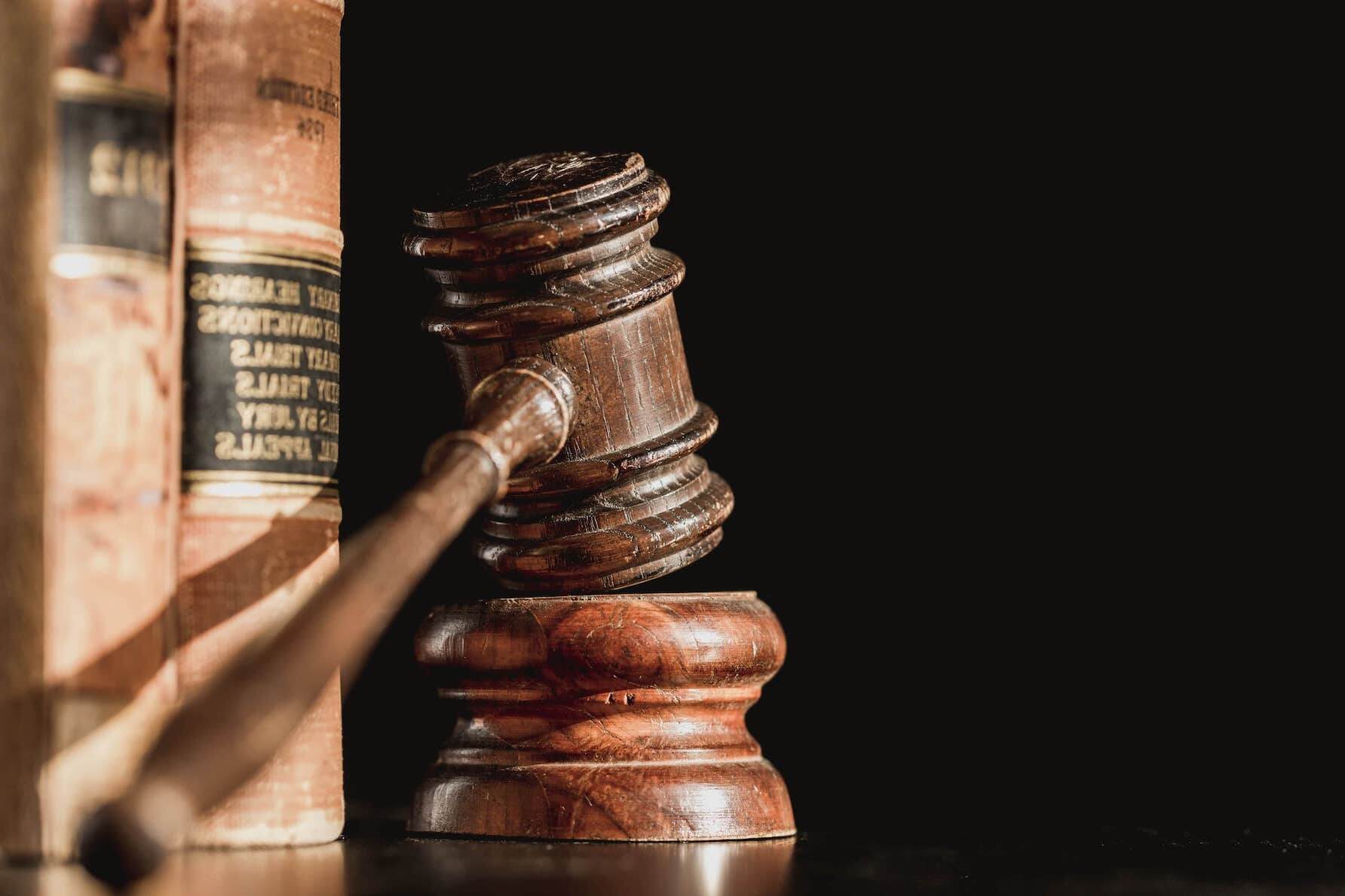AN OVERVIEW OF THE JUDGMENT OF THE SUPREME COURT IN Re: To issue certain guidelines regarding inadequacies and deficiencies in Criminal Trials
By Arjun Garg & Shrutika Garg
The system of Criminal Justice administration in India is ever changing. Though there are two uniform codes for administering Criminal cases i.e. Indian Penal Code and Criminal Procedure code, the States have the power to amend Rules of Criminal Procedure. However the ever growing cases, lack of knowledge of the investigation machinery and inadequate administration has resulted in serious delays and deficiencies in Criminal trials as well as disposition of criminal cases.
The Hon’ble Supreme Court took suo-moto cognizance of the said issue during course of hearing of a criminal appeal. It was noticed that due to lack of uniformity in practices adopted by States in Criminal Trial, appreciation of evidence is hampered which had a tendency of prolonging proceedings, especially at the appellate stage. The Amici Curiae appointed by the Court gave various suggestions and also framed Draft Rules for Criminal Trials which can make the procedure uniform throughout the Country. All States and High Courts were also heard and their suggestions were considered in this process.
The suggestions inter alia included separation of prosecution from investigation, i.e. a separate team of lawyers other than public prosecutors to advise police during investigation. Some suggestions such as translation of deposition, reference to accused/ witnesses/ material objects and rule regarding day to day trial were opposed by some of the States.
The Supreme Court delivered a judgment along with Draft criminal rules on Practice, 2021 in the matter on 20.4.2021.[1] The following issues raised and considered in the judgment are pertinent to note:
List of non-relied documents, statements and other material objects to the accused:
It was pointed out that along with furnishing of the relied upon list of documents, material objects to the accused, the Magistrate should ensure that the list of material not relied upon should also be furnished to the accused to give him an opportunity to decide whether those material are necessary to be produced for a proper and just trial. This brings about transparency in the trial and justifies the principle of ‘Audi Altrem Partem’ with respect to the accused.
Objections regarding questions to be put to witnesses
The Amici Curiae pointed that the practice of recording answers to all questions regardless of objections to the questions, as was directed in matter titled as Bipin Shantilal Panchal v. State of Gujarat prolongs the proceeding and leads to lengthy cross examination. Therefore the rule in Bipin Shantilal Panchal warrants re-consideration. Furthermore, it was pointed out that entertaining even the unnecessary questions during cross examination will also lead to hampering rights of the accused and witnesses, but further prolongs the proceedings.
Day-to-day trial and hearings
It was pointed out by High Courts and States that day to day commencement of trial does not bring a practical approach, as more often than not, the said hearing gets delayed with absence of one or other witnesses. Instead, sequencing must be done of witness deposition and accordingly dates should be assigned to the said witnesses. This would bring effectiveness in the hearing of the matter.
Preliminary case management hearing
The Hon’ble Court observed that after beginning of trial, such management hearing should be done in order to consider the total number of witnesses and further classifying them. Furthermore, the court would consider whether parties are in a position to admit any document or any document requires to be produced by the accused, so that a separate date may be kept for the said purpose. Separate dates should be fixed for witnesses.
Directions to State Government and Union of India
State Government and Union of India (in relation of agencies under control) were directed to carry out consequential amendments to their police and other manuals, within six months from the date of order. The High Courts were also directed to take steps to incorporate Draft Rules 2021 as part of the Rules governing trials and required modifications thereunder.
Draft Rules, 2021 in a nutshell:
Chapter 1 deals with investigation:
Rule 1 provides for body sketch to accompany medico legal certificate, post mortem report in the printed format.
Rule 2 lays down rules regarding photographs and videographs of post mortem in certain cases.
Rule 3 lays down rule for scene mahazar/ spot panchnama.
Rule 4 deals with supply of documents under Sections 173, 207 and 208 CrPC.
Chapter 2 deals with Charge:
Rule 5 deals with charge in which it is directed that order framing charge shall be accompanied by a formal charge in Form 32, Schedule II, CrPC to be prepared personally.
Chapter III deals with Trial
Rule 6 lays down procedure for recording of evidence.
Rule 7 provides format of witnesses for recording of evidence.
Rule 8 deals with exhibiting of material objects and evidence.
Rules 9 deals with subsequent references to accused, witness, exhibits and material objects.
Rule 10 deals with references to statements under Section 161 and 164 CrPC.
Rule 11 deals with marking of confessional statements.
Chapter IV deals with the Judgment
Rules 12 to 16 deals with the things to be mentioned in the judgment, the format of judgment including nomenclatures of the accused, witnesses and documents which will bring about clarity in the judgement.
Chapter V deals with miscellaneous rules
Rule 17 deals with Bail. Rule 18 deals with separate of prosecutors and investigators. As already mentioned Rule 18 was unanimously agreed to by all the High Courts as it will bring effectiveness in criminal trial.
Rule 19 provides directions for expeditious trial.
Conclusion:
The intent behind the judgment is to help in removing the difficulties faced in a criminal trial and to make the system more robust, efficient, informed and expeditious. If effectively applied, the judgment will prove to be a landmark judgment in changing the manner in which criminal trials are conducted in the Country. It will also bring uniformity in the procedure for criminal trials all over the Country. One can only hope that States and High Courts will play their respective roles and implement the directions of the Hon’ble Supreme Court in letter and spirit.
Arjun Garg is Co-Founding Partner of GSL Chambers and an Advocate on Record of Supreme Court of India. Shrutika Garg is an Associate with GSL Chambers.




